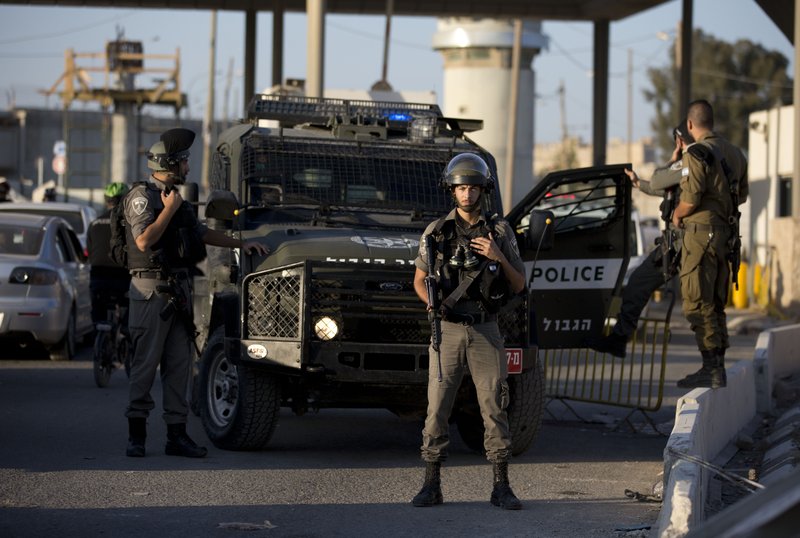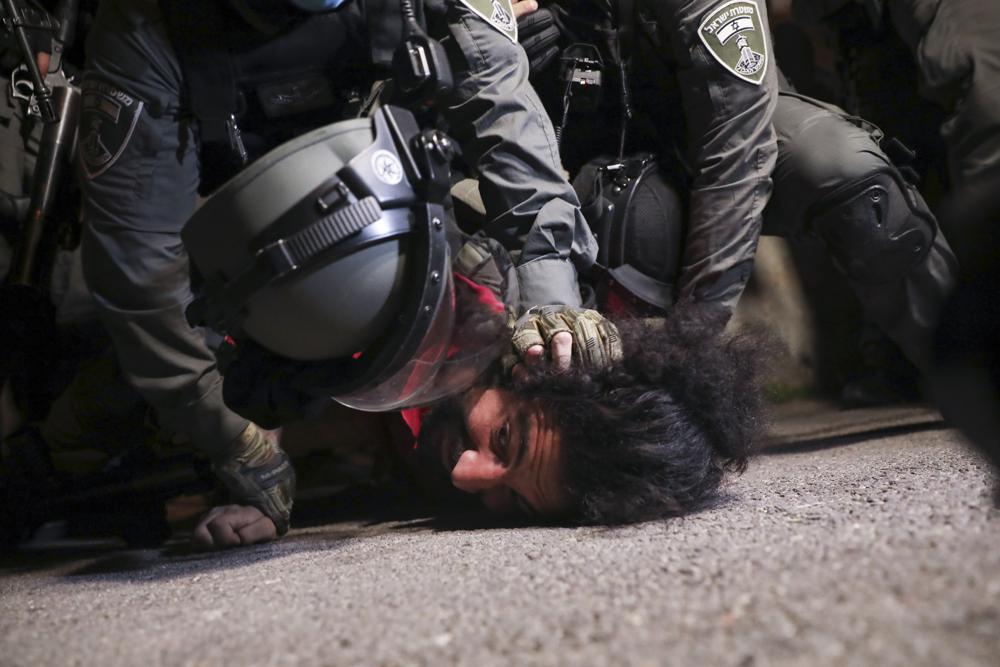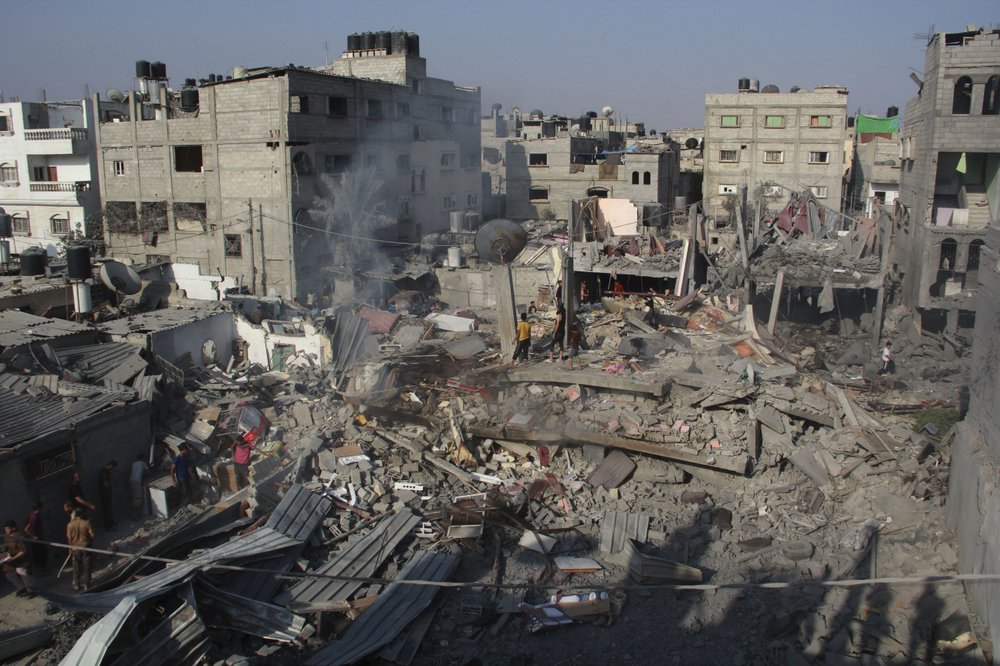
A rights group on Tuesday condemned Israeli court decisions paving the way for the eviction of Bedouins and Palestinians from their villages, calling on the state to let them stay put.
The Supreme Court approved earlier this month the removal of 750-1,000 Bedouin residents from the southern Negev village of Umm al-Hiran to enable the construction of a Jewish town.
According to Human Rights Watch, the villagers say they were expelled from their land in 1948, when the state of Israel was established, and while they have been allowed to live there, Israel never recognised the village or approved a zoning plan for it.
In 2009, Israel approved plans for a Jewish village on the site, which means the Bedouins will be forced to relocate.
They are to be compensated for the land they relinquish.
The court said that since the Bedouins could theoretically live in the new town, this did not constitute discrimination.
In a separate ruling, it gave the green light to military orders to demolish the southern West Bank village of Susya, and relocate its 340 Palestinian residents nearby.
Israel said Susya was built on an archaeological site, and has refused to approve plans for homes there.
"It is a sad day when Israeli Supreme Court decisions provide legal cover for forced evictions, as in the case of these two villages," Sarah Leah Whitson, HRW's Middle East and North Africa director said in a statement.
"The Israeli government should let these communities stay where they are, not force them to move yet again."
The court decisions "ignore international law in upholding discriminatory evictions by the Israeli authorities in Israel and the occupied territories," she added.
According to HRW, there are approximately 80,000 Bedouins in Israel living in unrecognised Negev villages that are under constant threat of demolition.
Israel has attempted to implement a plan that would regulate disputes of land ownership in the southern desert territory.
In the West Bank, Israeli authorities approved less than six percent of Palestinian building permit requests between 2000 and 2012, HRW said.
"Israeli authorities' zoning and demolition policies in the West Bank, in some cases, can effectively amount to forcible transfer," it said.




